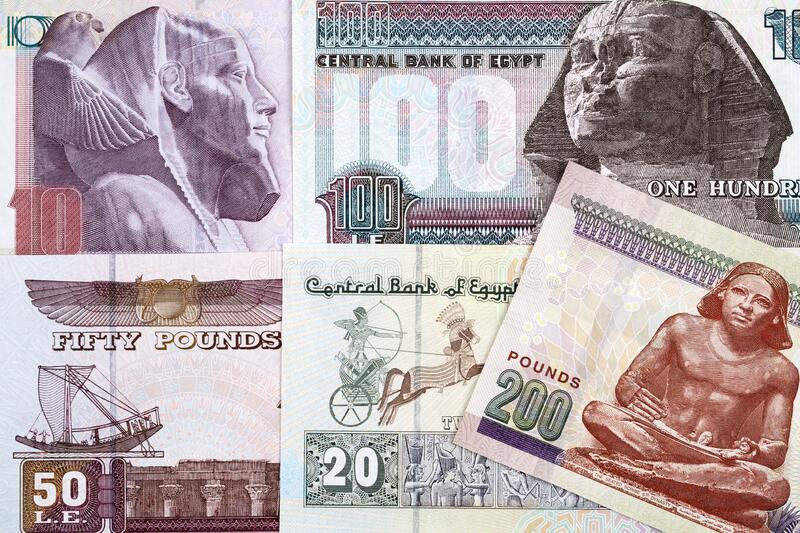
The International Monetary Fund (IMF) said on Tuesday that the reform measures driven by the Egyptian government such as currency devaluation led to an economic recovery in different sectors even as inflation remains high.
“The reemergence of growth as we see it is broad-based; various sectors of the economy are benefiting from it including export and tourism,” Jihad Azour, head of the IMF’s Middle East and Central Asia Department, said in an interview in Dubai. “Remittances are improving as well as other traditional sectors.”
IMF expects that the Egyptian economy will grow by 4.5 percent in 2018 up from 4.1 in 2017.
Azour added that the government’s economic reformation plan is to capitalize on the “improvement in competitiveness” to make its economy more reliant on exports for growth.
“And this is in fact part of the policy package that the government in Egypt has put forward and the fund has supported,” he said.
The Egyptian government removed most currency restrictions on the Egyptian pound in November 2016 a year ago to end a dollar shortage crippling economic activity. The devaluation has made Egyptian exports cheaper. Non-oil exports and tourism grew about 16 percent in the fiscal year that ended June 30, suggesting a gradual improvement in the economy is taking hold.
Edited Translation from al-Masry al-Youm



